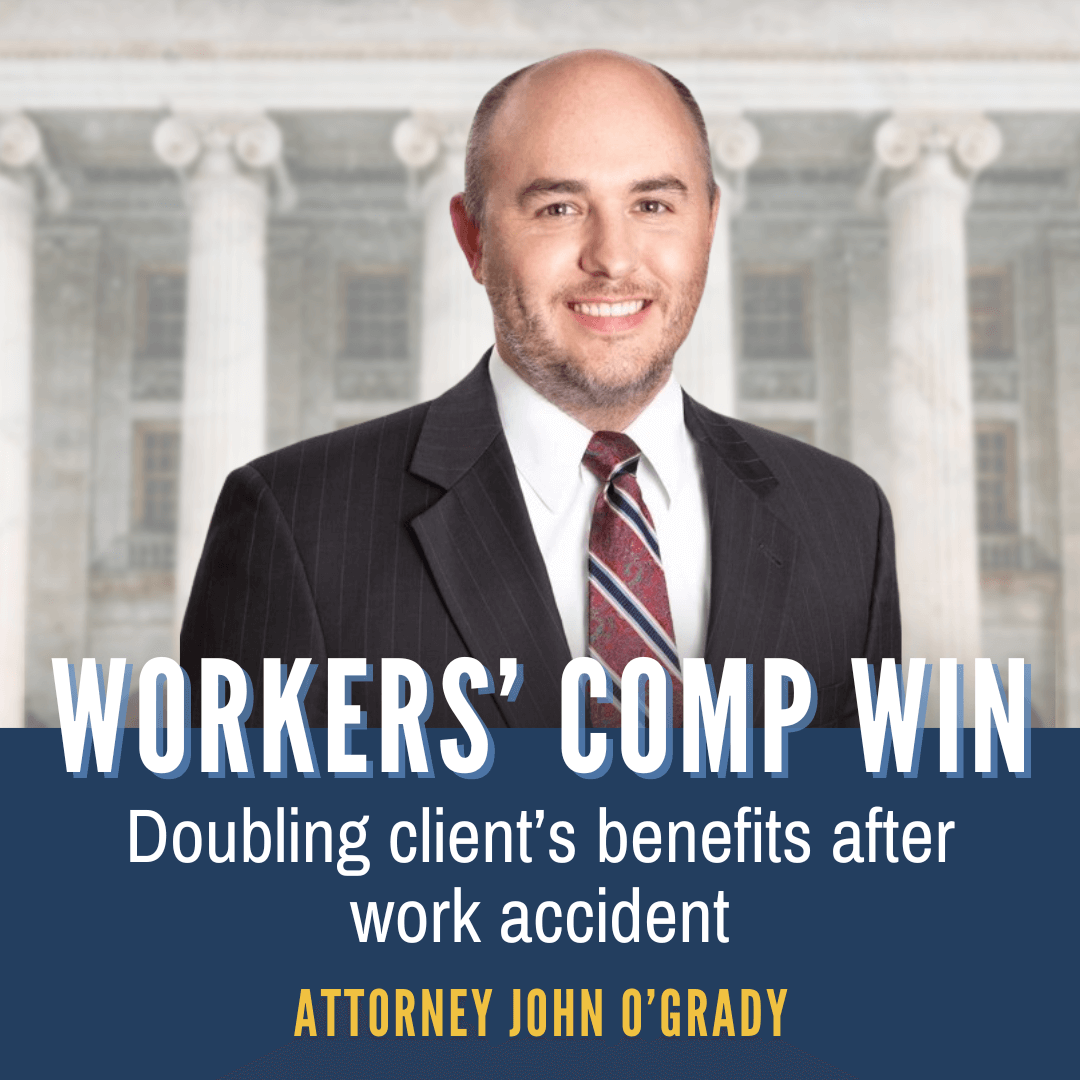For the 70% of Americans who consistently use prescription medications, they may have faced the choice whether to purchase the name brand or generic drug. But what exactly is a generic drug? And what are the laws surrounding them?
What are generic drugs?
Under the broadest drug category classified by the Food and Drug Administration there are innovator drugs and generic drugs. The innovator drug is, as the name suggest, the drug that was the original innovation. These are the drugs that carry a name brand title that many people recognized and are widespread across drug categories such as Xanax, Lipitor, and Advil. These drugs all have their generic counter parts which are most often named based on the actual medicine inside the drug. For those three, the generic versions are alprazolam, atorvastatin, and Ibuprofen respectively. The generic name of a drug is generally not widely recognized with the exception of some over-the-counter medications such as ibuprofen or acetaminophen. But there are several drugs that don’t have a generic counterpart, such as Viagra. However, that will change. In December of 2017 generic versions of Viagra will be launched. But why then? Prescription drugs operate under patents. When an innovator drug is created it is granted a 20 year patent which means that the chemical formula of the drug is the intellectual property of the company that created it. After these 20 years are up, the drug may be manufactured under a generic name. So what exactly is a generic drug? The FDA mandates that a generic equivalent contain the exact same active ingredient in the same strength and dosage and be used in the same way. These drugs do the exact same thing as the innovator drug at a mere fraction of the cost. This also happens to be one of the reasons that prescription medications are advertised so much, because they want people to purchase the innovator drug. Even after generics hit the market, the innovator drug often can remain dominate. For example, many of us at the grocery store will still grab the more expensive Advil, Tylenol, or Alieve even though they are more expensive. This is mostly a feat of the marketing done by the innovator companies.
What are the laws?
By the time a patent is about to expire, the generic drug manufactures have already begun production of the generic so they are able to go to market immediately and attempt to grab market share. The generic drug market saves Americans around $227 billion dollars a year and accounts for 73% of prescriptions filled. Generic manufactures only rake in about small fraction of the profits that the innovator drug manufactures are able to get off the same drug. Despite this, innovator drug manufactures hate losing market share and have begun to do something about it.
Many prescription drug companies now manufacture their own generics as well once the patent is expired. For example, Mylan produces both the EpiPen and the generic version, epinephrine injection USP. So what are the laws that regulate generic drugs? The Food and Drug Administration mandates that the generic drug be chemically equivalent, but that doesn’t mean your rights as a consumer are equivalent under both types of drugs. Generic drugs do not have to go under required clinic trials and testing for approval because the innovator drug was already tested. This, combined with a Supreme Court ruling has created a loop hole in which generic drug manufactures cannot held be liable if their drug hurts you because it was not their job to ensure the safety of the product, but rather the innovator drug. From this standpoint, it is better to use name brand drugs to preserve your legal rights. However, rarely do drugs that are harmful make it through the Food and Drug Administration approval process. Since the FDA was founded, there have been 35 drugs recalled of more than 1500 approved. Most of the drugs that end up being recalled are not immediately life threatening and take years of extended use for adverse symptoms to develop. For this reason many of the drugs that get recalled have already been on the market for decades.
Here at Frank Azar Car & Truck Accident Lawyers we have helped thousands of Americans who have been harmed by defective pharmaceuticals and medical devices. Call us today for a free consultation if you believe you have been injured by a defective drug, medical device, or dietary supplement.



